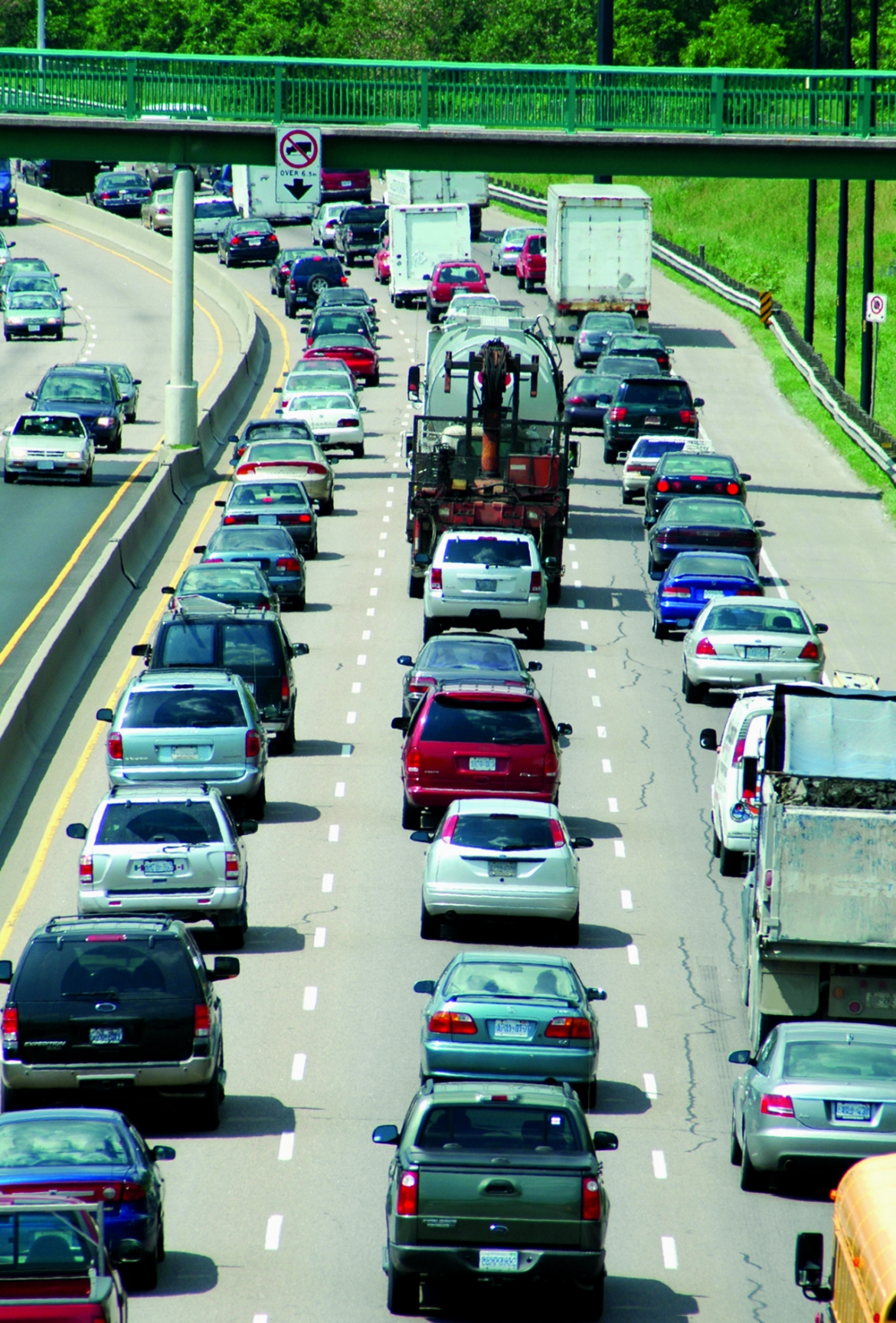Commuting can be stressful, and the effects of such stress does not end when working adults arrive at their offices in the morning, nor does it cease when they enter their homes at night.
According to a 2014 study from the United Kingdom's Office for National Statistics, commutes have lower life satisfaction, lower levels of happiness and higher anxiety than noncommuters. Researchers found that commuters whose travel times lasted between 61 and 90 minutes were most negatively affected by their commutes.
Reducing commute times may be more difficult than it seems, especially for commuters who own their homes and don't want to sell their properties to move closer to work. Even renters may hesitate to move closer to their offices, as rental units closer to work might be more expensive than their existing apartments, even when taking lower commuting costs into account.
So what can people who don't want to move do to make their commutes less stressful? While the following suggestions may not be enough for workers to embrace their commutes, they might make mornings and evenings a little more relaxing and beneficial to overall health.
- Embrace active commuting. A 2014 study from British researchers found that people who commuted via walking or public transportation instead of driving were happier and had a greater ability to concentrate than those who drove to work. Such commuters' psychological well-being was also better compared to those who drove to work. Another study, also from researchers in England, found that greater time spent actively commuting is associated with a higher level of physical well-being, including lower risk for cardiovascular disease.
- Carpool to work. Many commuters cite a loss of privacy as the primary reason they do not carpool to work with their coworkers. But carpooling may help alleviate some of the stress associated with commuting. For example, carpools tend to rotate drivers. During traffic jams, passengers may not be as stressed out as drivers, who must negotiate traffic patterns and deal with equally frustrated drivers who may be driving aggressively. In addition, sharing a commute with someone opens the door to conversation, which can be a welcome diversion from traffic.
- Prepare for boredom. Commuting can be just as boring as it is frustrating, even on days when the roads are relatively empty or the train cars are not filled to capacity. Boredom can make commutes more tiring and frustrating, so download podcasts or audiobooks to listen to on the way to and from work so you have something interesting to occupy your mind on your commute.
- Embrace the lack of control. While lack of control over their trips to and from the office frustrates many professionals, embracing that lack of control might just alleviate some of the stress. Drivers can make a concerted effort to stop letting traffic jams be so frustrating, while mass transit riders can be glad they are not the ones responsible for navigating congested highways or train tunnels facing heavy delays.
Commuting is a significant source of stress for many professionals. But there are ways to make commutes less stressful and even enjoyable.

